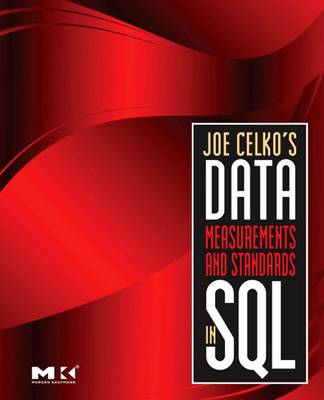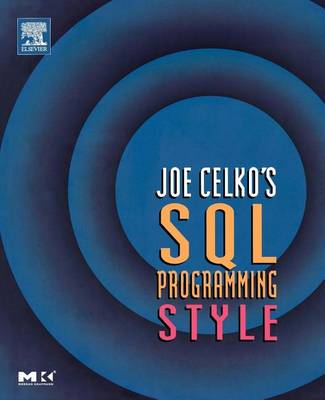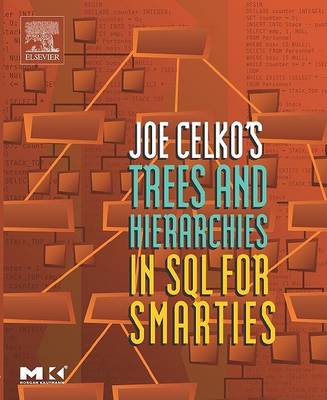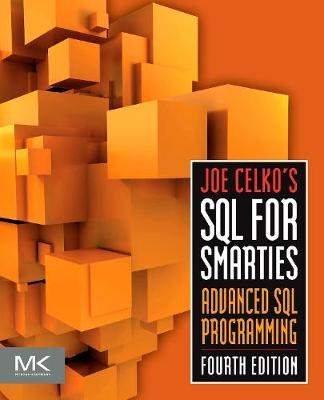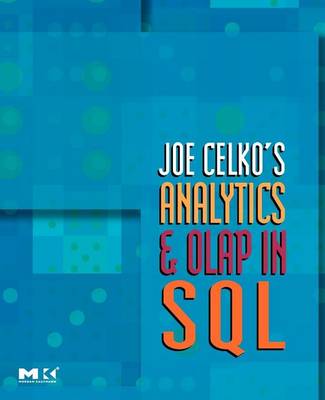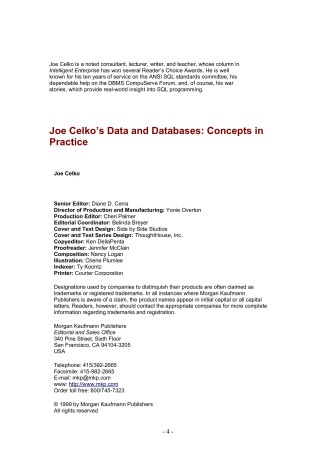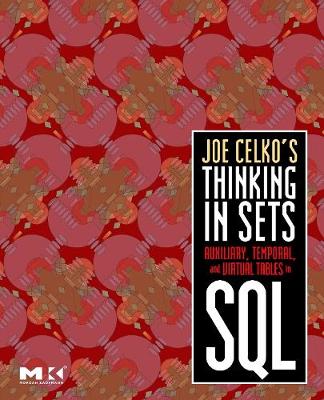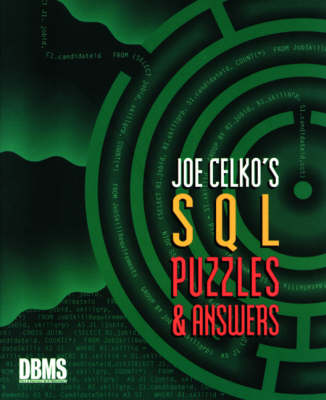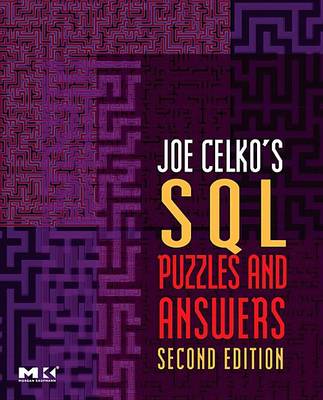Morgan Kaufmann Series in Data Management Systems
9 total works
Data, Measurements and Standards in SQL reveals the shift these programmers need to make to overcome this deadlock. By collecting and detailing the diverse standards of myriad industries, and then giving a declaration for the units that can be used in an SQL schema, Celko enables readers to write and implement portable data that can interface to any number of external application systems!
This book doesn't limit itself to one subject, but serves as a detailed synopsis of measurement scales and data standards for all industries, thereby giving RDBMS programmers and designers the knowledge and know-how they need to communicate effectively across business boundaries.
If even one answer is yes, then you need this book. A "Manual of Style" for the SQL programmer, this book is a collection of heuristics and rules, tips, and tricks that will help you improve SQL programming style and proficiency, and for formatting and writing portable, readable, maintainable SQL code. Based on many years of experience consulting in SQL shops, and gathering questions and resolving his students' SQL style issues, Joe Celko can help you become an even better SQL programmer.
The book also presents the different normal forms in database normalization, including the first, second, third, fourth, fifth, elementary key, domain-key, and Boyce-Codd normal forms. It also offers practical hints for normalization and denormalization. The book discusses different data types, such as the numeric, temporal and character data types; the different predicates; and the simple and advanced SELECT statements. In addition, the book presents virtual tables, and it discusses data partitions in queries; grouping operations; simple aggregate functions; and descriptive statistics, matrices and graphs in SQL. The book concludes with a discussion about optimizing SQL. It will be of great value to SQL programmers.
It contains expert advice from a noted SQL authority and award-winning columnist, who has given ten years of service to the ANSI SQL standards committee and many more years of dependable help to readers of online forums. It offers real-world insights and lots of practical examples. It covers the OLAP extensions in SQL-99; ETL tools, OLAP features supported in DBMSs, other query tools, simple reports, and statistical software.
This book is ideal for experienced SQL programmers who have worked with OLTP systems who need to learn techniques-and even some tricks-that they can use in an OLAP situation.
Whatever your field or level of expertise, Data and Databases offers you the depth and breadth of vision for which Celko is famous. No one knows the topic as well as he, and no one conveys this knowledge as clearly, as effectively-or as engagingly. Filled with absorbing war stories and no-holds-barred commentary, this is a book you'll pick up again and again, both for the information it holds and for the distinctive style that marks it as genuine Celko.
Joe Celko's Thinking in Sets: Auxiliary, Temporal, and Virtual Tables in SQL
by Joe Celko
